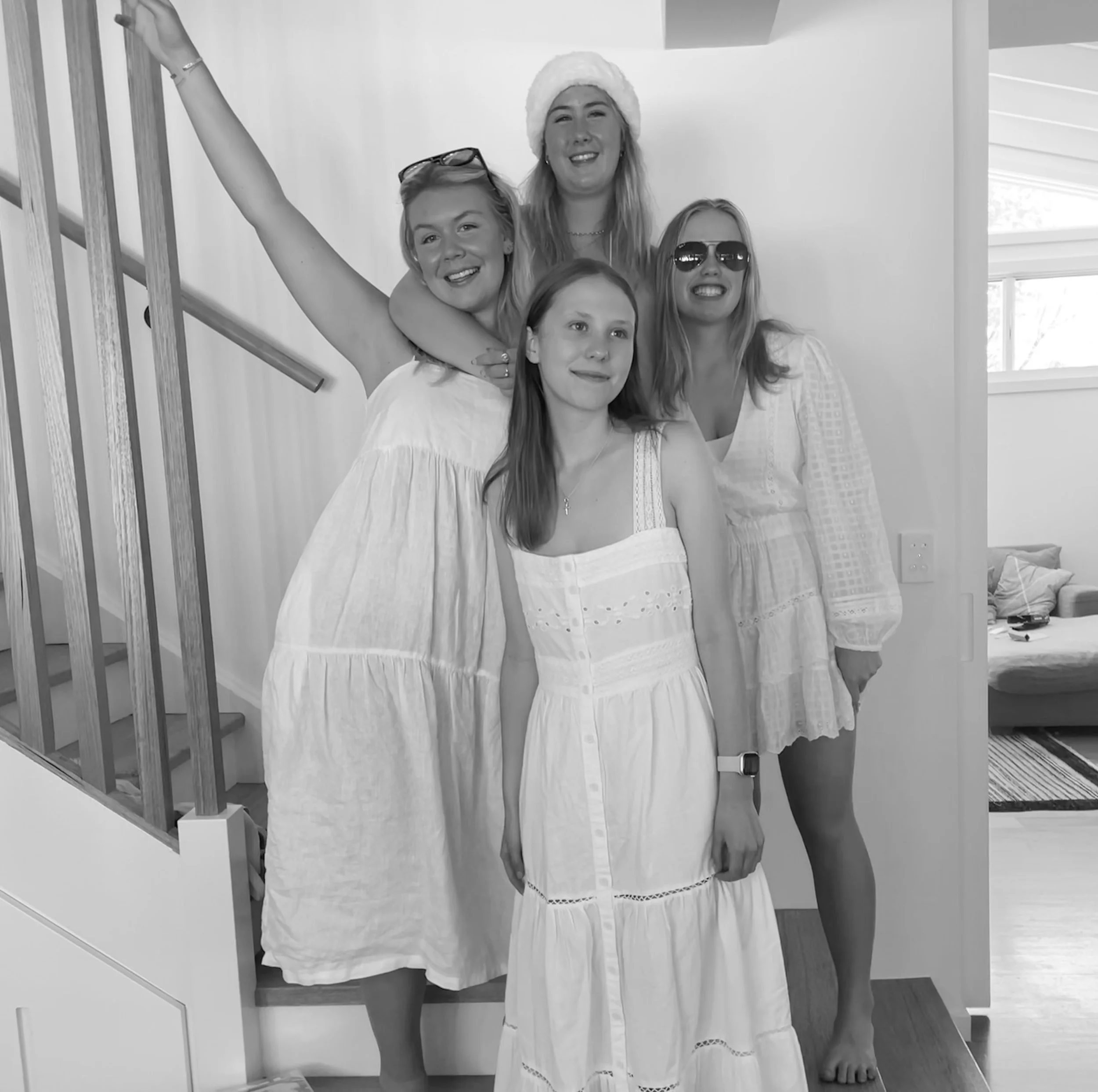Why Women’s Stories Matter
In every family, there are women whose influence doesn’t make it into history books, but without them, the story wouldn’t hold together.
A few weeks ago, I wrote about Margaret Michael, a family friend and matriarch who opened her door to my family for decades. She was one of those women who stitched people together quietly, without ever asking for recognition.
What I didn’t expect was what happened next. Readers began sharing their own Margarets: the women in their lineages, workplaces, and communities who had carried maps no one else could see. Suddenly, it wasn’t just one story. It was hundreds, overlapping and shimmering.
This is the essence of the Affection Economy — an economy not driven by consumption or extraction, but by care, trust, and connection. Women’s stories show us it has always been possible. Across kitchens, shops, and workplaces, women have built resilient networks of affection that carry wisdom and love forward.
Not all of these women are bound to us by blood. Some come through marriage, friendship, or the quiet recognition that says: this person can be trusted to hold the map.
For me, one of those women is my dear friend Sue Davies.
Sue never left my side through cancer — sneaking into hospital rooms during lockdowns, checking my sanity, and so I could see my girls, making sure Eva and Hester were fed, loved, and wrapped in laughter. She continues to stand beside us, as she always has.
When Sue lost her own mother suddenly, on the other side of the world, we held her together just as she had held us. That’s how the map works — not in one direction, but in the weaving of lives.
And Sue doesn’t just do this in friendship. As a recruiter and Chief People Person, she is constantly co-designing others’ futures, particularly those of women. She holds the map not only for her own family and mine, but for countless women carving their way forward in work and in life.
These are the stories that matter. They remind us that leadership is not always loud or celebrated. Often it looks like consistency, quiet endurance, the ability to hold others with grace. It looks like care as strategy.
The next generation — my daughters, my nieces, Sue’s daughter, Margaret’s granddaughters — will carry this map in ways I cannot yet imagine. Perhaps through words, perhaps through new forms of leadership or community. What matters is that they see the thread and know it was always there.
Some women are born holding the map. Some inherit it. Some pick it up mid-life and carry it with grace. Each one teaches us something about what truly sustains an economy of people, not just profit.
This is why women’s stories matter. Not for monuments or headlines, but for the quiet maps they leave behind — the ones that still guide us home.
At the heart of the Affection Economy is the belief that our values shape the future of leadership. If this reflection speaks to you — as an individual, a leader, or within your organisation — let’s explore how values-led work can transform the way you live, lead, and connect.
Discover The Values Compass
Book me to speak
Work with me
If this struck a chord, and you’re curious about what affection in action might look like for you, your team, or your organisation, we’d love to talk.
Author’s Note:
This piece was originally published here on The Story Maker. It is available for republication, syndication, or editorial adaptation.
For commissions or licensing, please get in touch with Jet Swain



